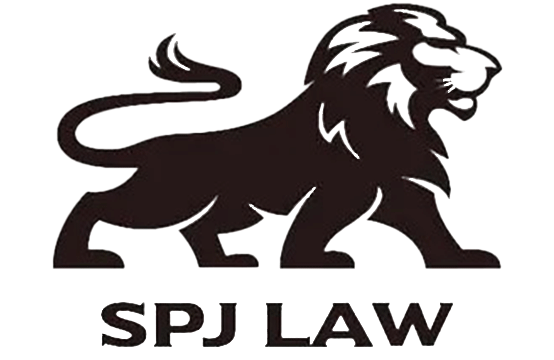Frequently Asked Questions
• Over 62 Years of Experience
• Free Initial Consultation
• Flat Fees for Bankruptcies
Hours:
Smith, Pappas & Jones, Ltd. Frequently Asked Questions:
-
1. Can I keep my home/vehicle if I file for bankruptcy?
Most likely yes, but if you possess more equity (property value – lien value) in your home or vehicle than Illinois provides protections, you may be required to pay back to some of your creditors over 36-60 months.
-
2. Can bankruptcy stop the foreclosure of my home?
Yes, anytime before the sheriff’s sale you can stop foreclosure by filing chapter 13 bankruptcy and proposing the mortgage arrearage, along with any accrued fees, be paid over a three-to-five-year period.
-
3. What if there is certain debt I’d like to keep?
You're not allowed to keep an unsecured debt, like a credit card that you're current on for things like gas and groceries. For secured debts like mortgages and vehicle notes, there is a reaffirmation process available, usually, if Debtors can show that their budget provides for payment of a secured note, the court will allow for reaffirmation, however, the Southern District of Illinois recently implemented a new process in which the Court will have a hearing to examine debtors about the debts they wish to reaffirm and then determine whether reaffirmation is appropriate.
-
4. What if I co-signed for a debt with a family member?
Whoever you co-signed with will remain liable for the note, if the note is collateralized by property like a vehicle or home, the co-signer will almost certainly be able to retain the property as long as he or she remains current on the obligations of the note.
-
5. Should I transfer, sell, or give away any titles, deeds, or other valuable property prior to bankruptcy?
No, but if you do make sure the transfer is for fair market value and understand the transfer may be scrutinized if it is with a friend or family member. In Illinois, a (4) year look-back period provides the Chapter 7 trustee a right to take possession of property transferred away for less than fair market value. It is customary for those trustees to do public record searches revealing title or deed transfers. Furthermore, the personal and real property protections apply only to property in the Debtor’s possession so transferring property away can only worsen the circumstances of bankruptcy.
-
6. Can I repay a friend, family member, or service provider I want to maintain a relationship with prior to filing?
The trustee is authorized to pursue collection of any debts paid to friends or family members within one year of filing for bankruptcy, and any debts paid amounting to more than $600 in the past 90 days to any other creditor.
-
7. What if I donate money to my church?
Courts have generally agreed that a tithe amounting to no more than 15% of gross income is permissible.
-
8. What if Creditors still call and harass after filing/discharge?
After filing Debtors are protected by the automatic stay, up until discharge, at which point they are protected from all discharged creditors by way of the discharge injunctions. Any collection activity in violation of either of these protections should be addressed by way of a bankruptcy adversary hearing.
-
9. Can I discharge my student loan debt in bankruptcy?
It’s possible, that there is a three-part “undue hardship” test to determine if discharge ability is appropriate, observing your: present ability to pay, future ability to pay, and good faith efforts. The dischargeability of student loans is addressed post-discharge by way of adversary hearing and is NOT guaranteed. In November 2022, a process was introduced whereby the Department of Justice may stipulate to discharge in a proceeding against the Department of Education, however, there is no such process concerning private student loans.
-
10. Will the newspaper or other local media outlets report that I am filing for bankruptcy?
Usually not, local media outlets tend to focus on city or county court dockets. Bankruptcy is a matter of Federal Jurisdiction, Illinois is made up of (3) federal districts with separate and distinct dockets, each district spans numerous counties. Because the dockets cover such a wide region, many of the filers on the dockets would not pertain to the communities that the local media outlets serve.


Share On: